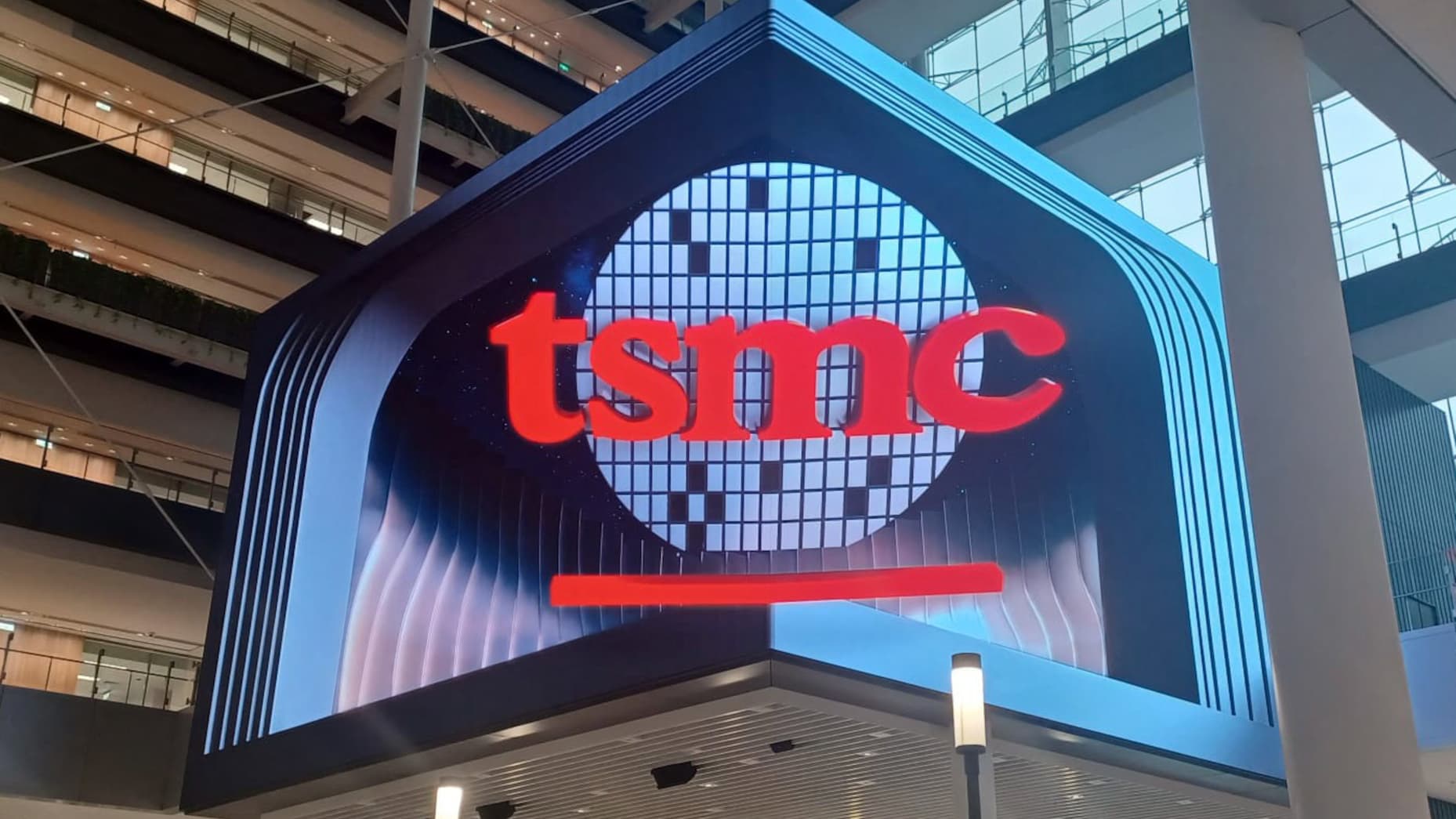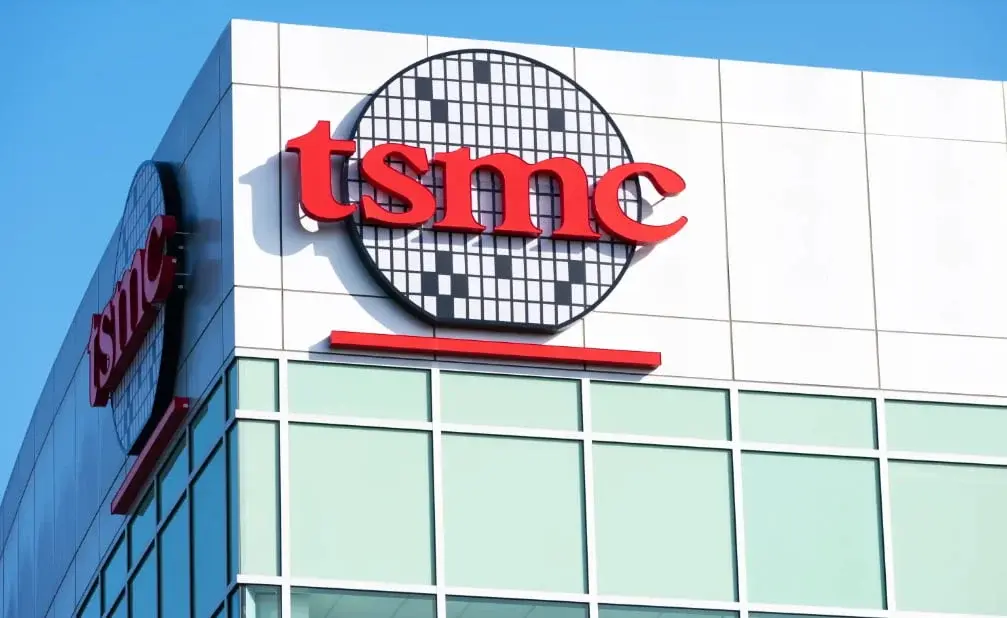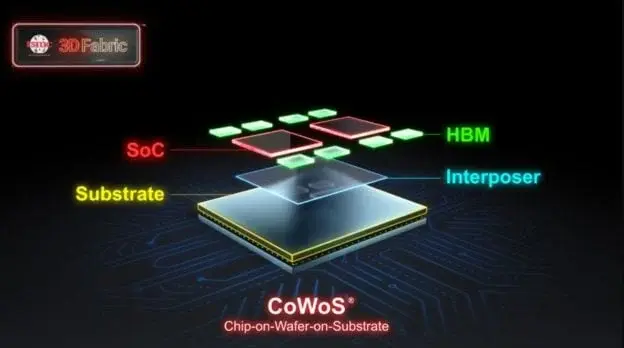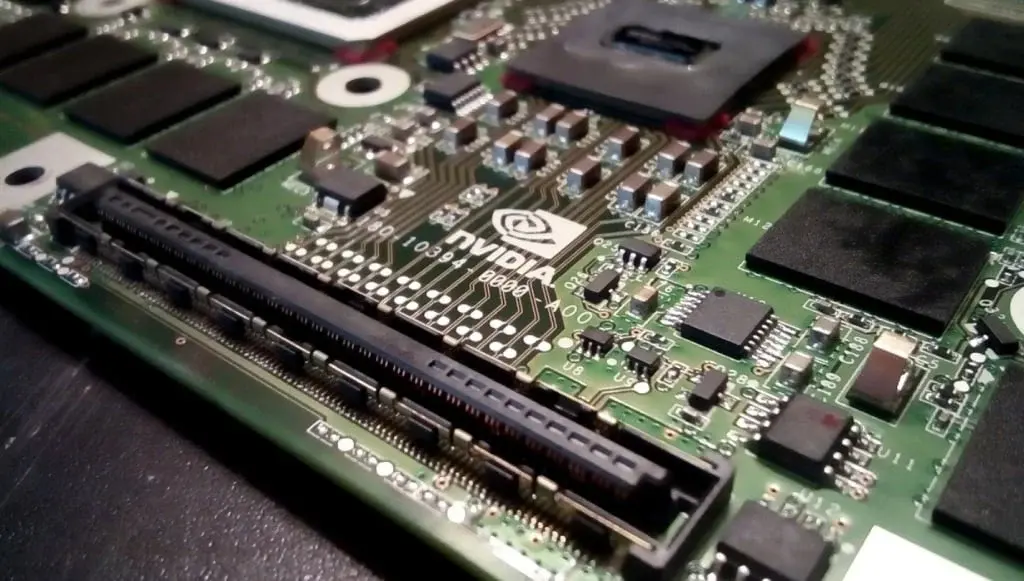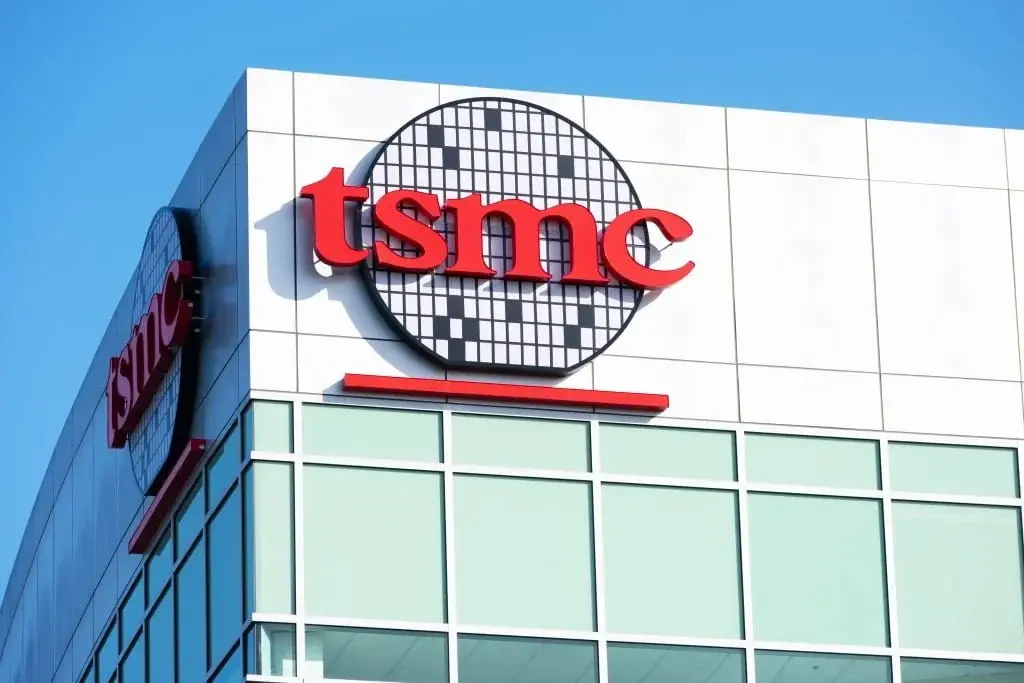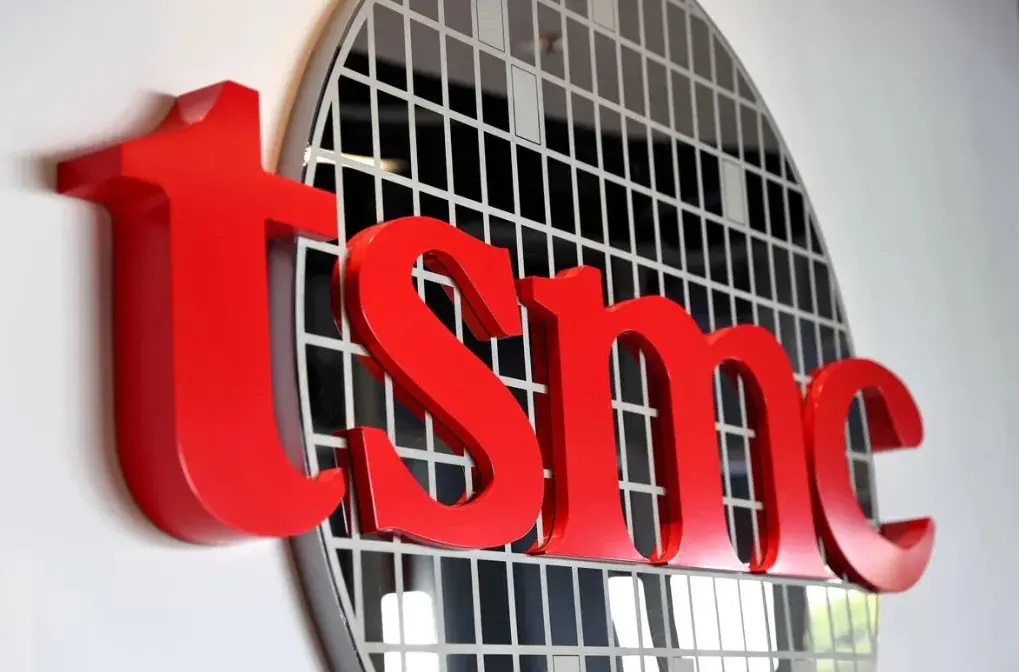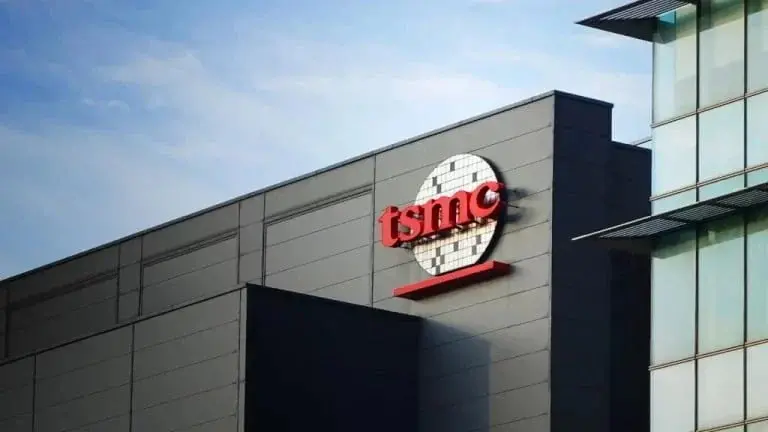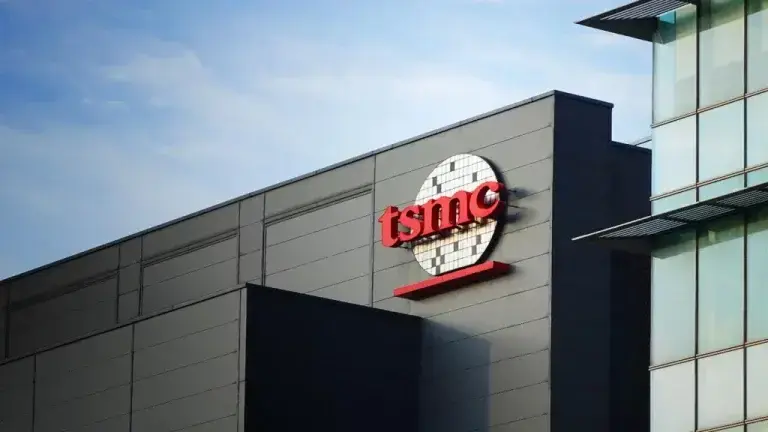The next major development for TSMC is its future N2 manufacturing process. As of early October, this technology is still under development, but an article from Commercial Times reveals potential costs associated with producing chips using this advanced method.
Cost of N2 Technology
The information suggests that creating a single 300-mm wafer with N2 technology will exceed $30,000. This is a significant amount, especially compared to past processes.
In comparison, wafers made with N3 technology (commonly known as the 3nm process) are priced at around $18,500. Older technologies like N4 and N5 are even cheaper, costing about $15,000 each. This indicates that the expense of utilizing the upcoming N2 technology could be nearly double that of the N4 and N5 processes.
Benefits of N2 Technology
The increased costs might be largely justified by the various advantages the new technology promises to deliver. As reported by Tom’s Hardware, the 2nm process is expected to be highly efficient, boasting over 25% lower energy usage compared to N3E.
It is important to mention that these figures are not officially provided by TSMC, so they should be viewed with caution. Additionally, pricing may fluctuate based on several factors, including order size and customer needs.
Potential Early Adopters
Apple is likely to be one of the first companies to adopt N2 technology. This includes the M5 series chips for devices like iPads, Mac minis, iMacs, and MacBooks, as well as the next A-series chips for iPhones. Other companies such as Qualcomm, Intel, AMD, Mediatek, and Nvidia may join later on in the process.
Commercial Times (in Chinese) via Tom’s Hardware

